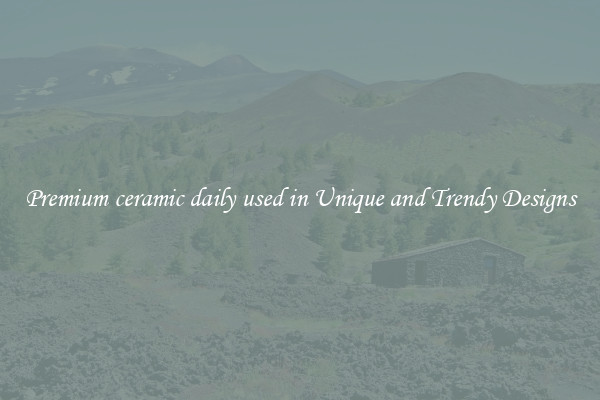Modern Electrolytic tinplate and tfs For Tin Products
Electrolytic tinplate and TFS (Tin Free Steel) are two of the most popular materials used in the production of tin products in modern manufacturing. These materials offer a wide range of benefits and advantages that make them ideal for a variety of applications.

Electrolytic tinplate is a thin steel sheet coated with a layer of tin through an electrolytic process. This process creates a strong bond between the tin and the steel, resulting in a material that is corrosion-resistant and highly durable. Electrolytic tinplate is commonly used in the production of food cans, beverage cans, aerosol cans, and other packaging materials. Its ability to protect the contents of these containers from external elements makes it an ideal choice for the food and beverage industry.
TFS, on the other hand, is a type of steel sheet that has been coated with a layer of chromium oxide instead of tin. This makes TFS a cost-effective alternative to electrolytic tinplate for applications that do not require the corrosion resistance of tin. TFS is commonly used in the production of metal closures, such as bottle caps and jar lids, as well as in the manufacturing of household appliances and automotive components.
Both electrolytic tinplate and TFS offer a number of advantages over other materials used in the production of tin products. These materials are easy to form and shape, making them ideal for complex and intricate designs. They also have excellent printing and decorating capabilities, allowing for high-quality graphics and branding to be applied to the finished products. Additionally, both electrolytic tinplate and TFS are recyclable, making them a sustainable choice for environmentally conscious manufacturers.
In conclusion, modern electrolytic tinplate and TFS are versatile materials that offer a wide range of benefits for the production of tin products. Whether used in the packaging industry for food and beverage containers or in the manufacturing of metal closures and household appliances, electrolytic tinplate and TFS are reliable, durable, and cost-effective solutions for a variety of applications. Manufacturers looking for high-quality tin products should consider utilizing these materials in their production processes.

View details

View details

View details

View details








